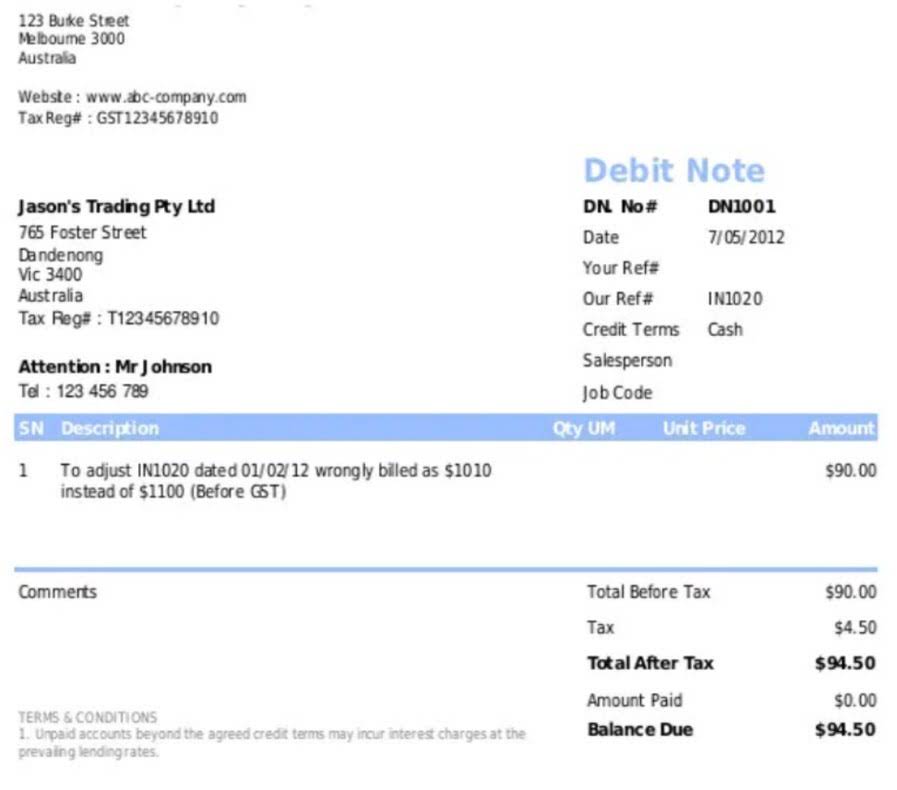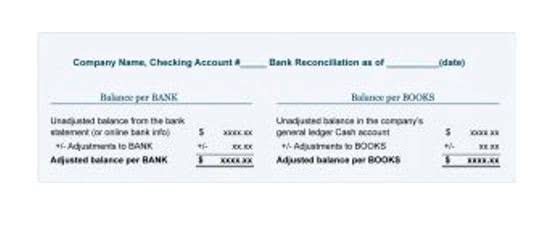
Accounts Receivable is also overstated because it was reduced by $1,560 only but should have been reduced by $1,650. We should then increase Cash and reduce Accounts Receivable by $90. Now, your books reflect the amount spent on the correct expense account. To reverse an entry, credit the account that received the debit in the original entry. By debiting the same amount to a suspense account, the balance of the suspense account is reduced to that extent. Hence, the rectification should be carried out using a profit and loss adjustment account.

Stay up to date on the latest accounting tips and training

Since the expense was incurred in December, it must be recorded in December regardless of whether it was paid or not. In this sense, the expense is accrued or shown as a liability in December until it is paid. Errors will carry through to the financial statements, so it is important to detect and correct them. The type of error should be noted, and brought to management’s attention, if the accountant feels the error might be intentional.
Record the Adjusting Entries
Adjusting entries follows the accrual principle of accounting and makes necessary adjustments that are not recorded during the previous accounting year. The adjusting journal entry generally takes place on the last day of the accounting year and majorly adjusts revenues and expenses. Journal entries are the main pillar of accurate accounting records, they play a critical role in tracking a business’s financial position. Each entry records a financial transaction, ensuring all activities are properly documented and accounted for.
Best Alternatives of QuickBooks Accounting for Your Bussiness
- Income statement accounts that may need to be adjusted include interest expense, insurance expense, depreciation expense, and revenue.
- Whether a rectifying journal entry should be passed or not depends on the nature of the mistake.
- Correcting entries are part of the accrual accounting system, which uses double-entry bookkeeping.
- This transparency is essential for reviewing the accuracy of your adjustments, preparing financial statements, and ensuring compliance with accounting standards.
- Preparing correcting entries is actually easy once you know the thought process behind why we prepare them.
If the errors are located after Law Firm Accounts Receivable Management the preparation of the final accounts, they will already have impacted the profit or loss of the business. Here, after the sales account has been given a proper credit entry, the suspense account receives a debit as rectification. For the post-final accounts stage, rectification is carried out through profit and loss account adjustments. These errors will influence the profit and loss account and balance sheet. If the trial balance is in disagreement, then it is an indication that errors exist in the books of accounts.
- Learn how to get your books back on track with correcting entries.
- This might include services provided to a customer that have not yet been billed.
- For example, stock may be recorded at market price, which is higher than the cost price, to increase the current ratio and to create confidence among creditors.
- In summary, adjusting journal entries are most commonly accruals, deferrals, and estimates.
- Deferred revenues, or unearned revenues, are payments received before delivering goods or services.
- With cash accounting, this occurs only when money is received for goods or services.
Cash Flow Statement

Earlier, it was mentioned that some errors are disclosed by the trial balance, while others are not. Such intentional errors attract legal remedies rather than rectification. Therefore, intentional errors are excluded from this article’s discussion of how errors should be rectified. Sometimes, the balance sheet of the company is window-dressed to paint a picture that is rosier than reality to the shareholders and the public.

To fix the entries, find the difference between the correct amount and the mistaken entry. Debit the additional $50 to the cash account and credit $50 to the accounts receivable account. For every transaction your business makes, you must make debit and credit entries. Some accounts increase with a debit, while others increase with a credit.
- Journal entries are necessary for adjusting the balances of ledger accounts for a variety of reasons, including recognizing accruals, liabilities and other expenses.
- A correcting entry is a journal entry made in an organization’s general ledger to rectify an error or mistake that was identified in a previously recorded transaction.
- Usually, this mistake isn’t found until you do your bank reconciliation.
- If the errors are located after the preparation of the final accounts, they will already have impacted the profit or loss of the business.
In any case, if the errors are not rectified, they will have an adverse effect on the firm’s position in terms of profits or losses and assets or liabilities. Furthermore, it is possible that the trial balance was made to agree by entering the suspense account balance. Therefore, in this article, whenever we refer to rectification of errors, we mean unintentional errors. An error of original entry occurs when an incorrect amount is posted to the correct account. Now that all of Paul’s AJEs are made in his accounting system, he can record them on the accounting worksheet and prepare an adjusted trial balance.
A reclassification is a correction entry used to correct a mis-classification or to adjusting entries change the classification of an entry. This might be necessary if an entry is made without complete information. For instance, the company might purchase a building and land for a single price. Estimates are adjusting entries that record non-cash items, such as depreciation expense, allowance for doubtful accounts, or the inventory obsolescence reserve. Deferrals refer to revenues and expenses that have been received or paid in advance, respectively, and have been recorded, but have not yet been earned or used. Unearned revenue, for instance, accounts for money received for goods not yet delivered.
- A trial balance is the sum of credits and debits for all your business’ accounts.
- The issue is that you can’t spot this mistake in your trial balance—it will still be in balance regardless.
- Accrued expenses and accrued revenues – Many times companies will incur expenses but won’t have to pay for them until the next month.
- At year-end, the company needs to record $2,400 of depreciation expense to reflect the machinery’s usage.
- 11 Financial is a registered investment adviser located in Lufkin, Texas.
- Now, your books reflect the amount spent on the correct expense account.
Bookkeeping

This means the company pays for the insurance but doesn’t actually get the full benefit of the insurance contract until the end of the six-month period. This transaction is recorded as a prepayment until the expenses are incurred. Only expenses that are incurred are recorded, the rest are booked as prepaid expenses. Journal entries are necessary for accounting errors adjusting the balances of ledger accounts for a variety of reasons, including recognizing accruals, liabilities and other expenses.

Commenti recenti